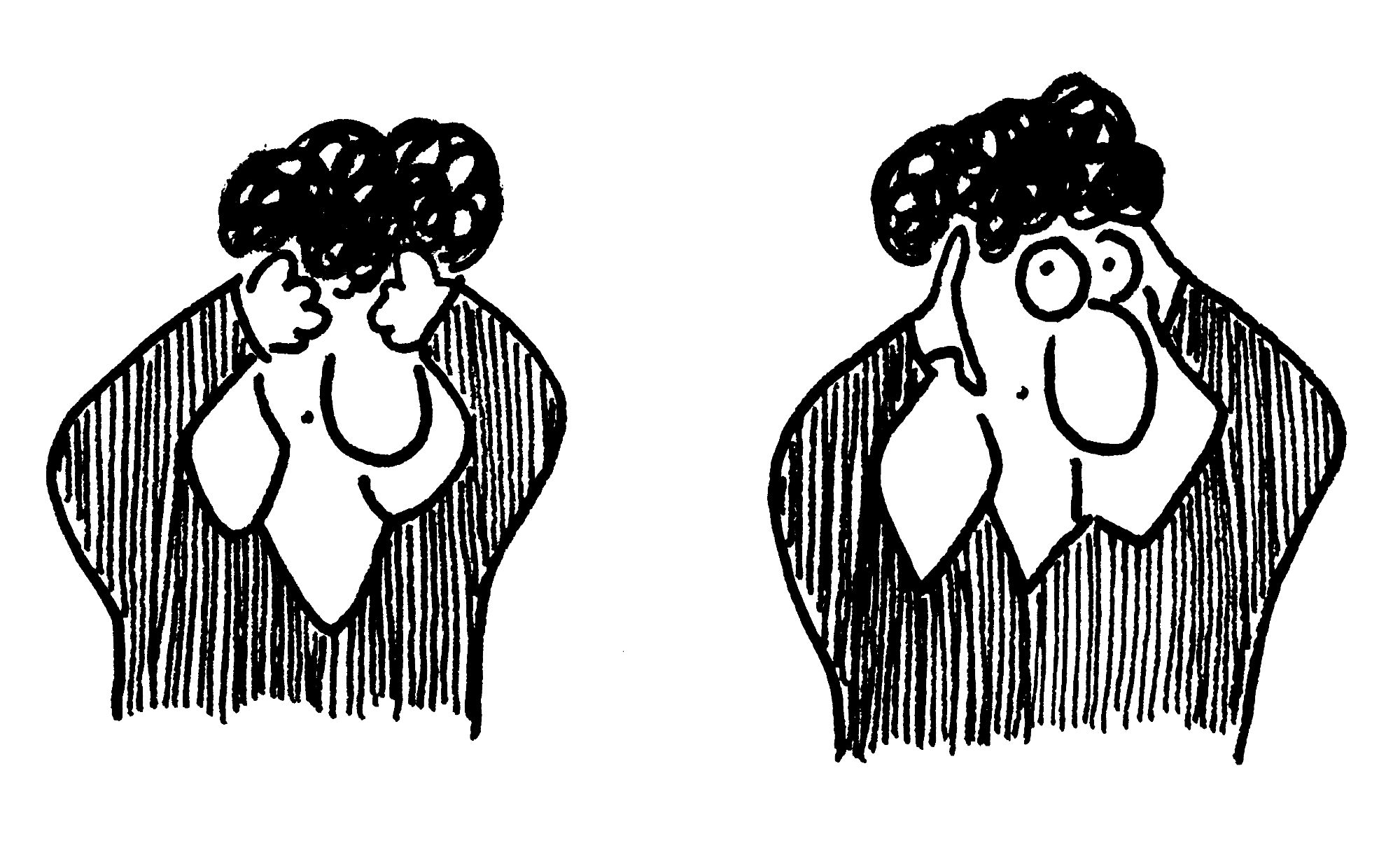Family and domestic violence

Family and domestic violence
Family and domestic violence is now recognised as a serious and widespread problem in Australia with a significant amount of young people experiencing or living with violence.
Violence is not only physical.
It includes psychological, economic, emotional and sexual violence and abuse, and a wide range of controlling and intimidating behaviours.
Research shows that:
1 in 6 women
and
1 in 16 men
have experienced
physically and/or sexual violence
by a current or previous partner since the age of 15 years.14
More than two-thirds (68%) of mothers
who had children in their care
when they experienced violence
from their previous partner
said their
children had seen or heard
the violence.14
Preventing domestic violence
These social problems are ultimately preventable.
To prevent violence we need to understand it and talk about it.
Popular culture, social media, advertising, peer groups and our own families can expose children to harmful messages that stereotype men and women and support violence.
These messages can limit young peoples' ability to see alternatives and build the skills they need to create respectful and equal relationships of their own.
We need to be sure our children understand what a respectful relationship looks like so that they can recognise signs of a disrespectful relationship and seek help if needed.

What you can do to help
- The qualities of a respectful relationship are largely the same for all kinds of relationships (friendships, family relationships, romantic relationships) so these conversations can start at a very young age.
- Talk to your child about the qualities that are important to you.
- Point out examples of respectful and disrespectful behaviours in the media and discuss these with your child.
- Ask them, "What do you think you might do in a situation like this?"
- See What are the values I want to share with my child? for some ways to open up discussions.
- Make sure your teen understands what makes a respectful sexual relationship.
- Talk to them about sexual consent and the law. See What is sexual consent?.
- Show them where to find help and support if needed.
- 1800respect.org.au is a 24-hour counselling and support service for people affected by family and domestic violence.
- More helpful services can be found in the 'If you need support' section below.

What do you think is important in a relationship with a girlfriend/boyfriend?
How do you want to be treated?
What kinds of behaviours show you that someone truly cares for you?
Read next:
Related content:
If you need support:
1800RESPECT, National sexual assault, domestic and family violence counselling service
You might also be interested in:
Family and domestic violence resources, Growing and developing healthy relationships
Families impacted by domestic violence, Kids Helpline